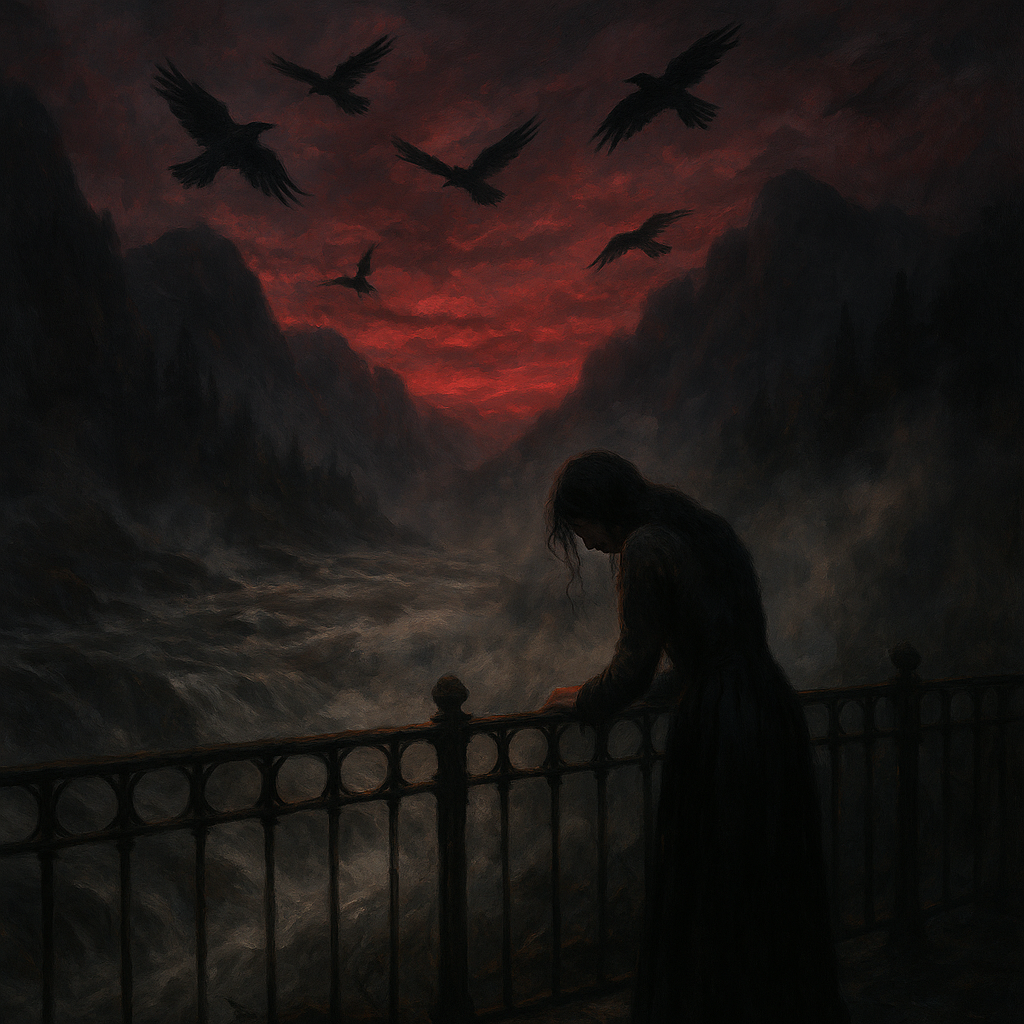Creative Hub
-

The Road of Heartbreak
The Road of Heartbreak is a journey through loss, grief, and resilience. Each line captures the heavy ache of love lost, the shadows that linger, and the struggle to move forward. Though the path feels endless, the poem holds a promise—that even in heartbreak, light may return.
-
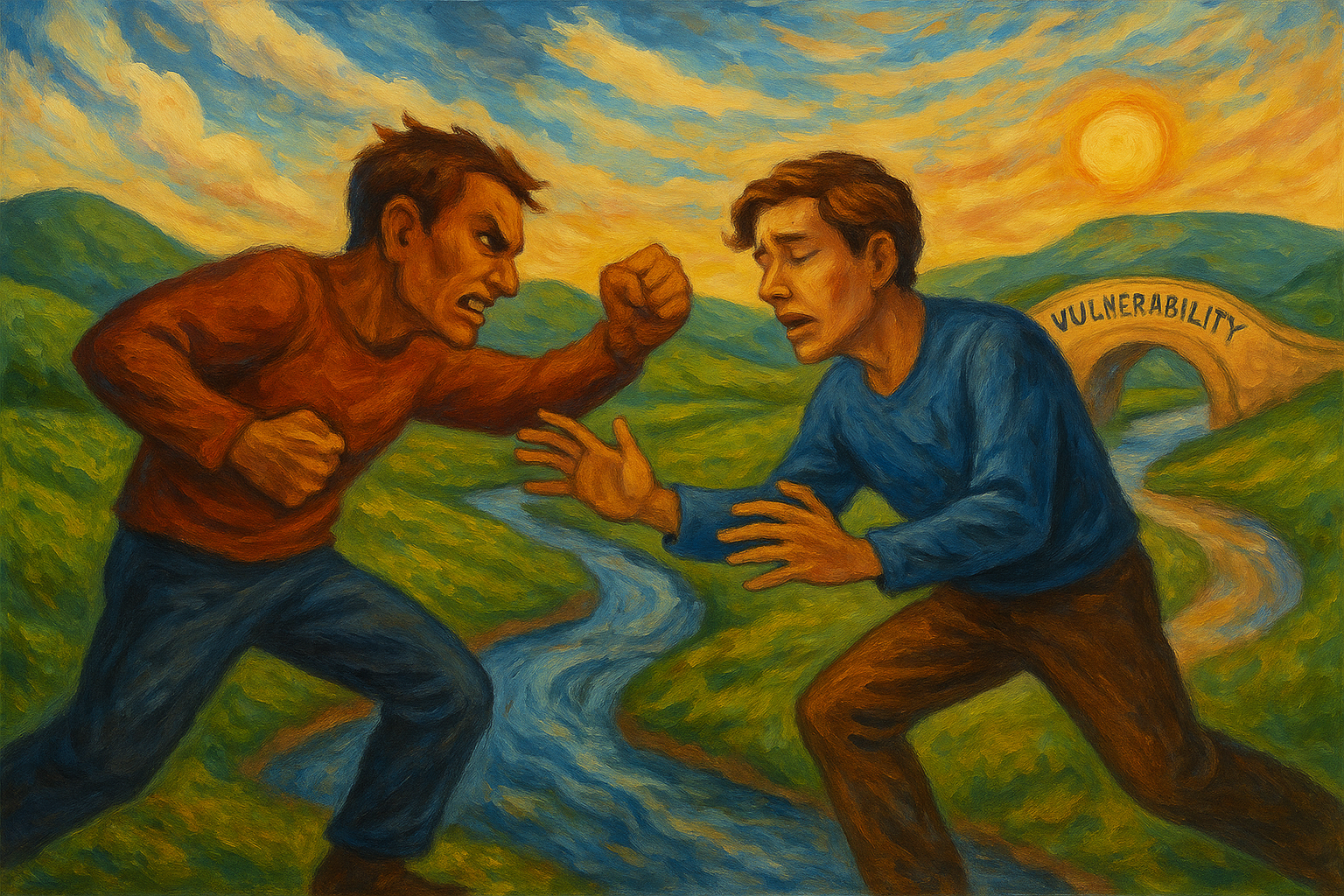
Bridges of Hope: Simple Tools and Innovations Supporting Mental Health
Mental health care is evolving, and new tools are making healing more accessible. From teletherapy and apps to creativity and holistic wellness, this guide highlights simple resources that help bridge strength and fragility. Poetic Bipolar Mind joins that mission: turning vulnerability into connection and showing we’re never truly alone.
-
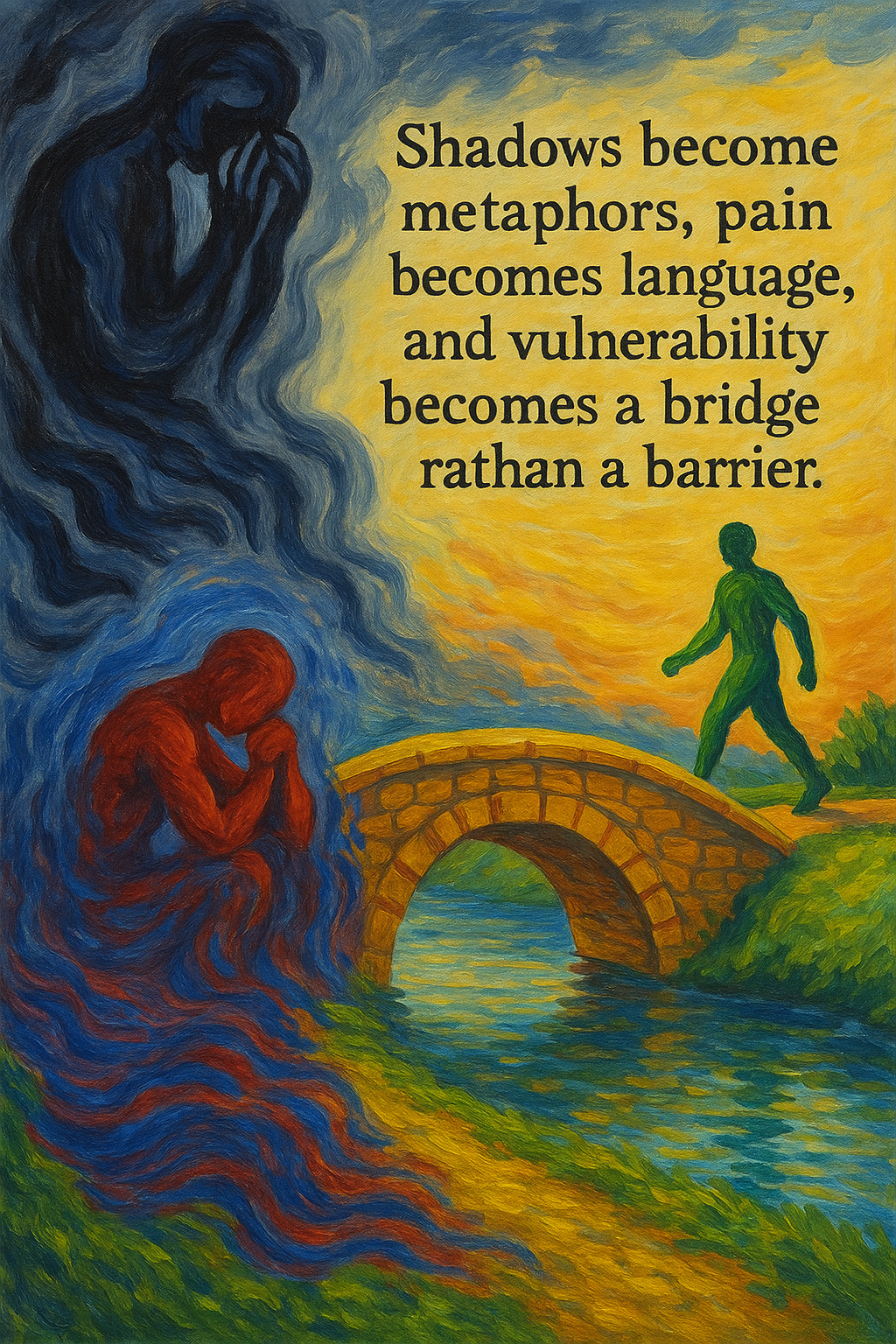
The Bridge of Vulnerability
What if the fear you avoid is the very bridge you need to cross? The Bridge of Vulnerability explores living with depression and bipolar disorder, showing how shadows can transform into resilience. Pain becomes language, and even in fracture, light emerges through the cracks we once tried to hide.
-
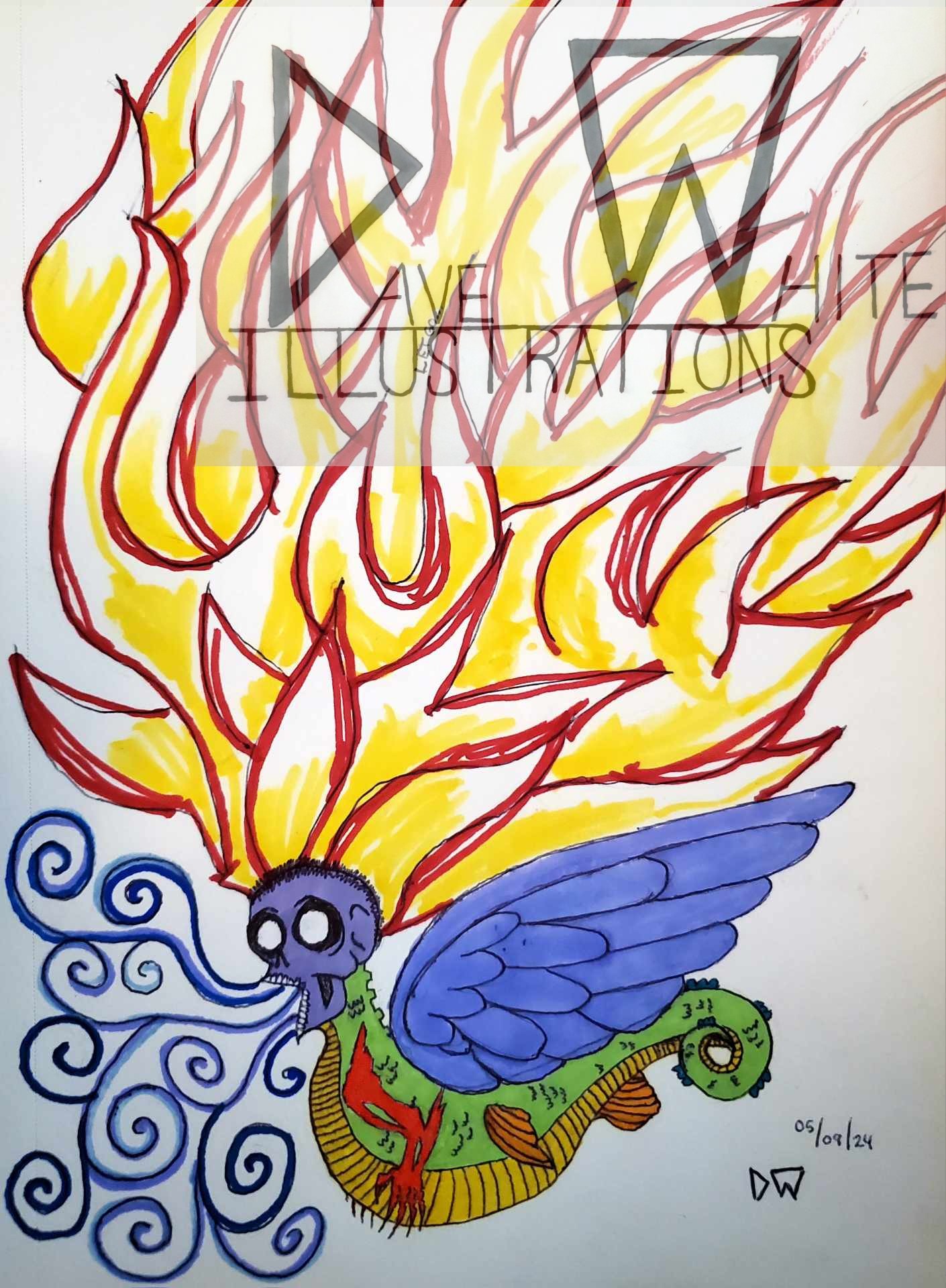
The Art of Falling Apart
“The Art of Falling Apart” is a haunting exploration of heartbreak, memory, and resilience. Each stanza unveils the lingering weight of love turned ghost, the torment of regret, and the strange beauty hidden in ruin. It’s a poetic reflection on pain, desire, and the fragile art of survival.
-
The Price of Identity
Dave White’s Sell Yourself and Kiana Jimenez’s Self-Worth reveal a stark meditation on value, vulnerability, and commodification. Fragmented human parts paired with currency echo the poem’s haunting verses of selling oneself piece by piece. Together, they confront the devastating cost of undervaluing identity, leaving us questioning what our worth truly is.
-
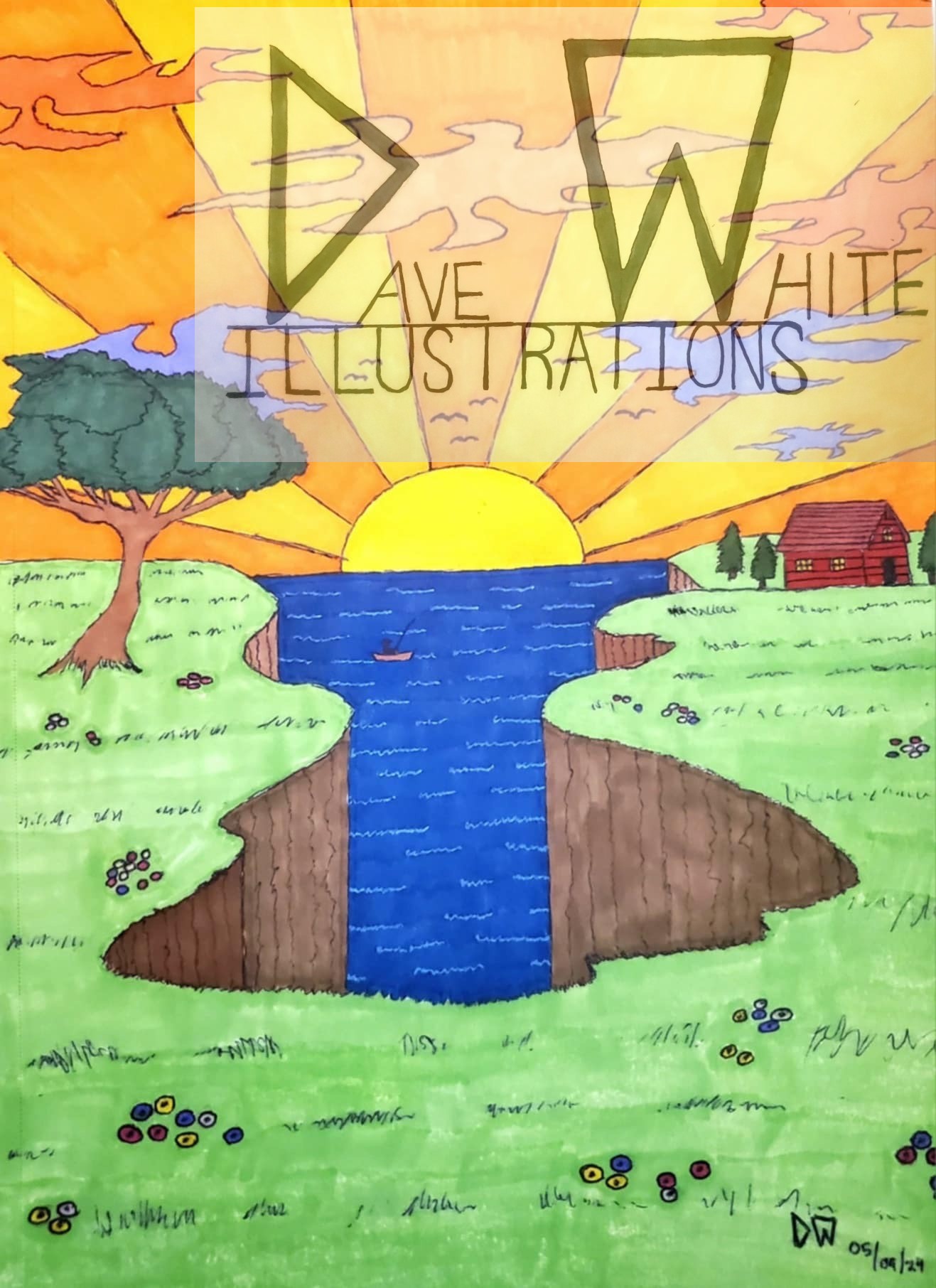
Stillness Woven in Color and Verse
In Poetic Bipolar Mind’s Emotive Fusion Art, serenity becomes more than calm—it becomes eternal love. The illustration “Serenity” and the poem “Sunset Love” intertwine, merging tranquil landscapes with the tender embrace of timeless affection. Together, they transform silence into sanctuary and sunset into forever.
-
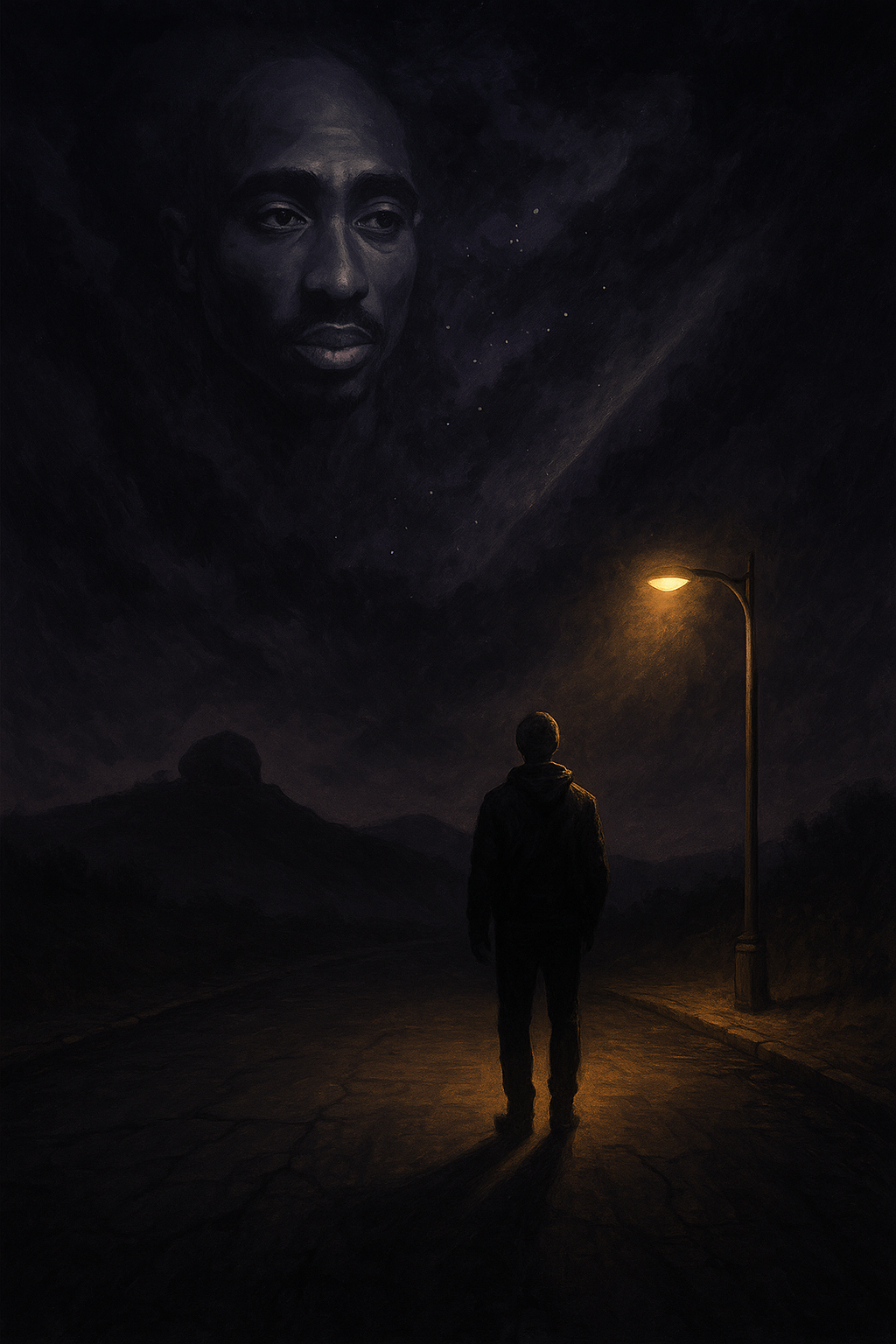
Tupac and the Paradox of Living
Tupac and the Paradox of Living reflects on Tupac Shakur’s haunting lyric and its connection to philosophy, grief, and mental health. Poetic Bipolar Mind explores the human struggle between despair and resilience, showing how art, music, and small sparks of hope help us live inside the questions that define existence.
-
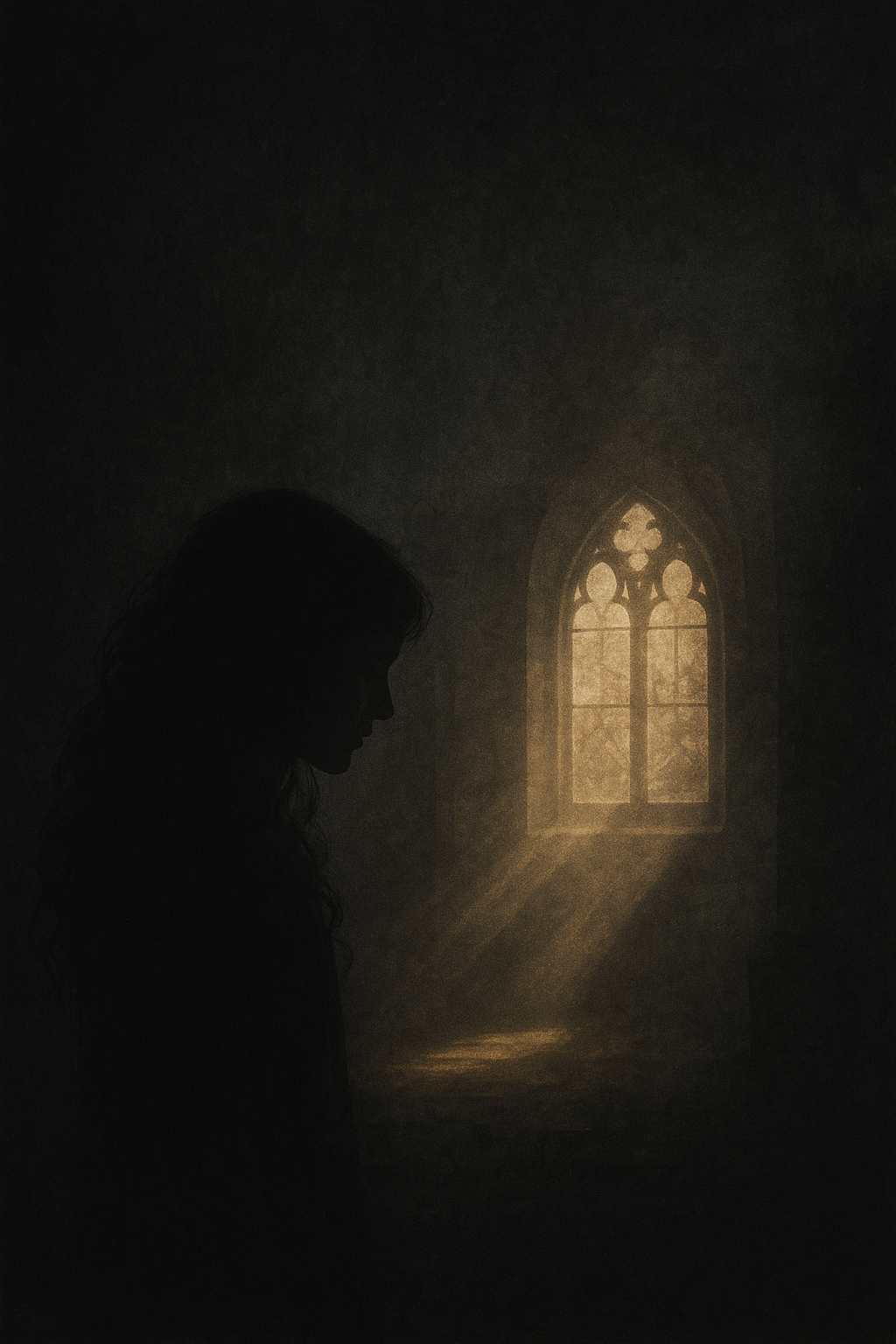
Light Carved from Shadows
Grief, creativity, and resilience are not separate—they are intertwined. This reflection explores the way loss shapes art, how collaboration breathes new life into memory, and why hope endures in the quiet persistence of survival. Even in darkness, there are sparks of light to carry us forward.
-
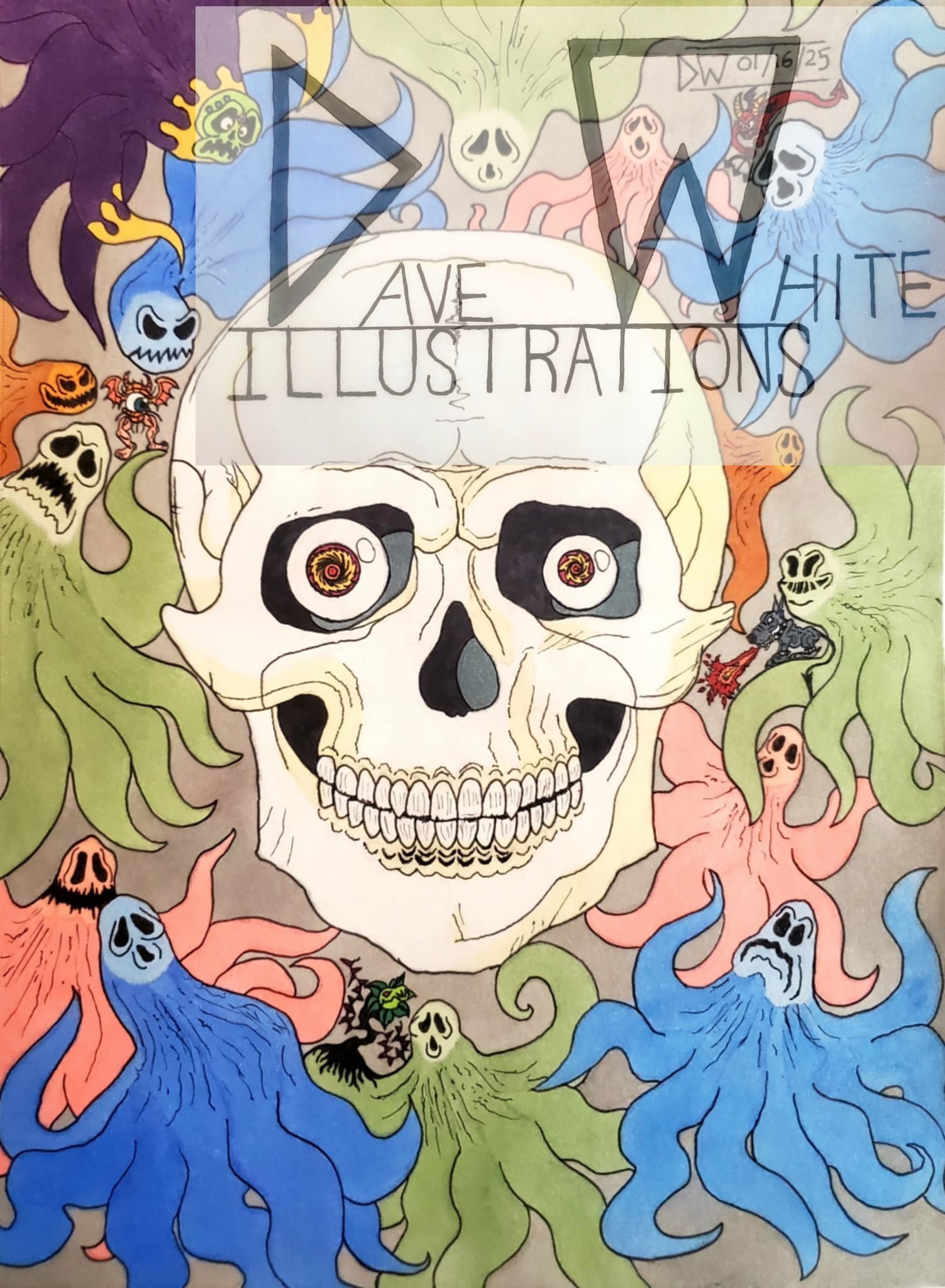
Yelling At Ghosts
“YELLING AT GHOSTS” is a haunting reflection on pain carried from the past—stones thrown, scars revealed, memories that drown. The poem wrestles with unseen tormentors, the echoes of betrayal, and the heavy presence of ghosts that linger. Yet within the despair lies the hope of reclaiming strength and silence.
-

Fractured Pieces
Fractured Pieces unravels the quiet storm of carrying expectations, love, and loneliness all at once. It speaks to the weight of being everything for everyone while yearning for freedom, love, and self-acceptance. A haunting reflection on brokenness, resilience, and the dream of one day becoming whole.
-
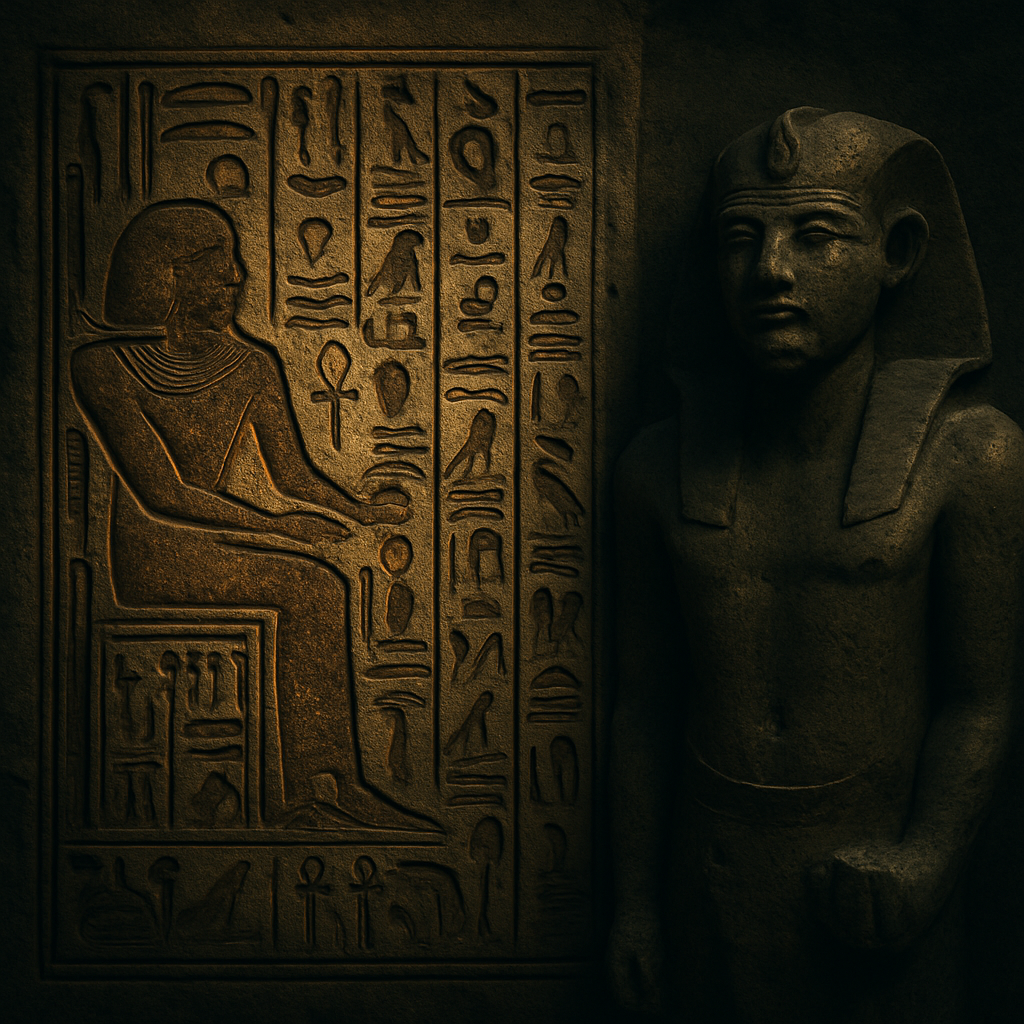
Eternal Expressions
Hieroglyphics and statues were not mere artifacts—they were Egypt’s testimony against time. From rigid depictions of divine order to individualized portraits of wisdom, these forms carried memory and spirit. On Poetic Bipolar Mind, I see writing as a similar practice: a modern hieroglyph, preserving lived experience against silence and forgetting.
-
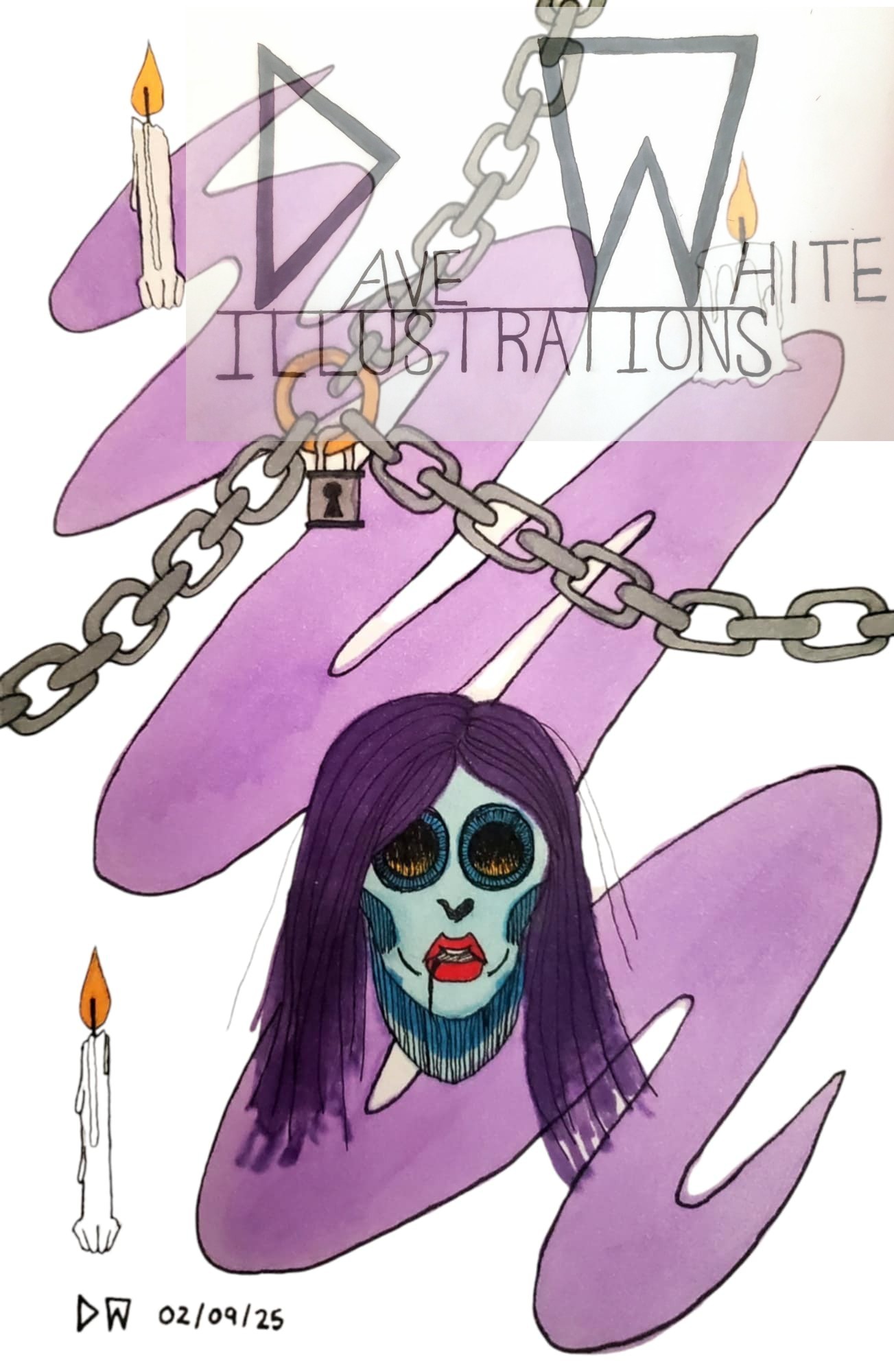
Bound by Time and Memory
Dave White’s Forgotten Soul and Kiana Jimenez’s poem intertwine in a meditation on eternal love, memory, and entrapment. Chains, locks, and flickering candles mirror verses of clocks and longing, creating a haunting narrative of two damned souls bound together beyond time’s reach, refusing to fade even as shadows close in.
-

Damned Souls
Damned Souls captures love as both solace and torment, where time itself becomes the pulse of longing. Through haunting rhythms and tender imagery, the poem binds two souls in passion, darkness, and eternal memory—a love story etched in stars, shadows, and the unyielding tick of the clock.
-

Bridging Chasms: The Camp David Accords and the Poetics of Peace
The Camp David Accords were more than political treaties; they were acts of faith amid decades of war. This post explores the accords’ history, human cost, and legacy while connecting them to Poetic Bipolar Mind’s mission: transforming wounds—personal or political—into spaces of dialogue, healing, and fragile but enduring peace.
-
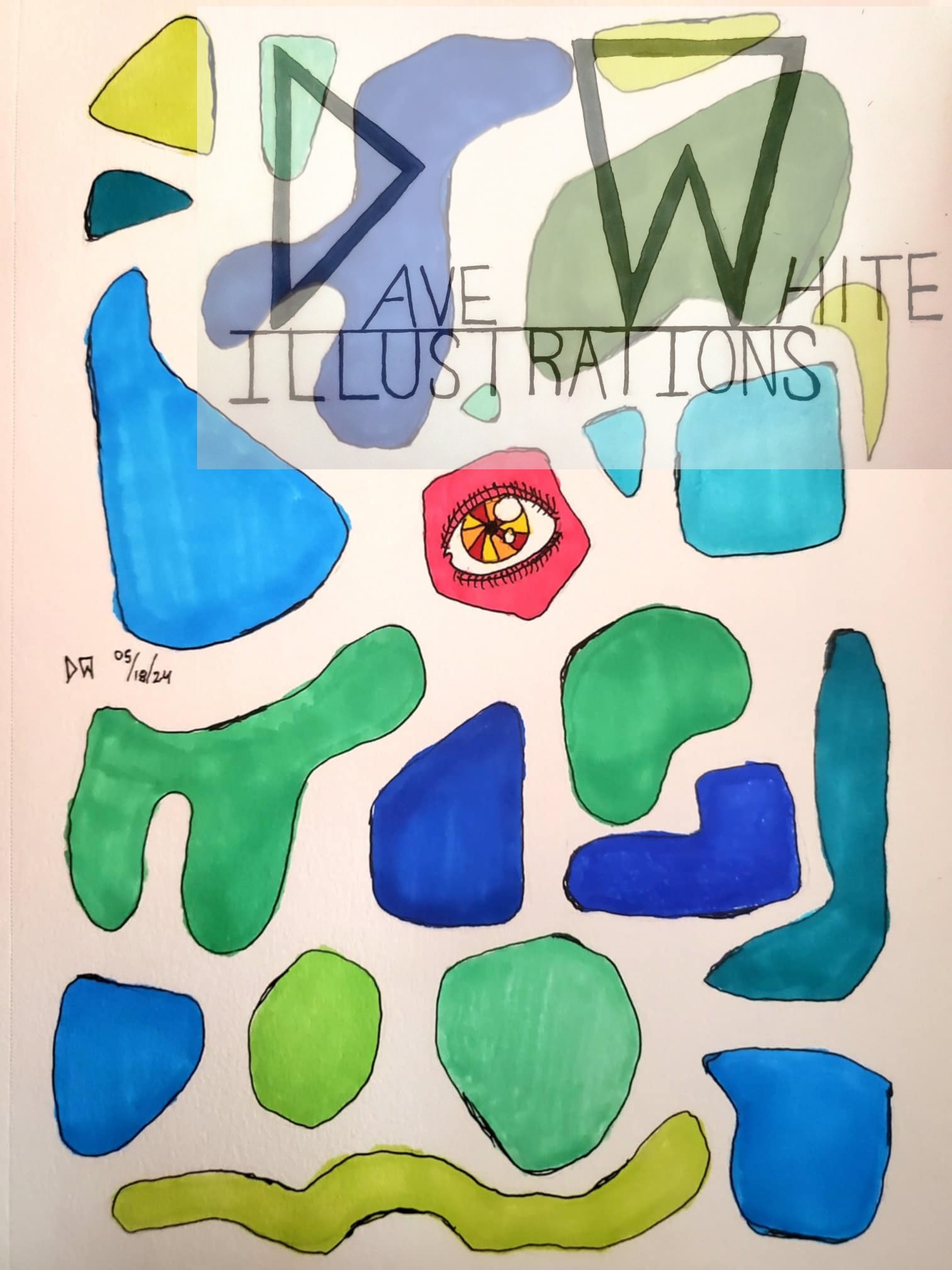
Shards of the Heart
Dave White’s Pieces and Kiana Jimenez’s Blind Love merge into a meditation on heartbreak, resilience, and the desire to mend what has been broken. Vibrant fragments echo the poem’s shards of love, showing that even in pain, there remains the drive to rebuild, reassemble, and create new wholeness.
-
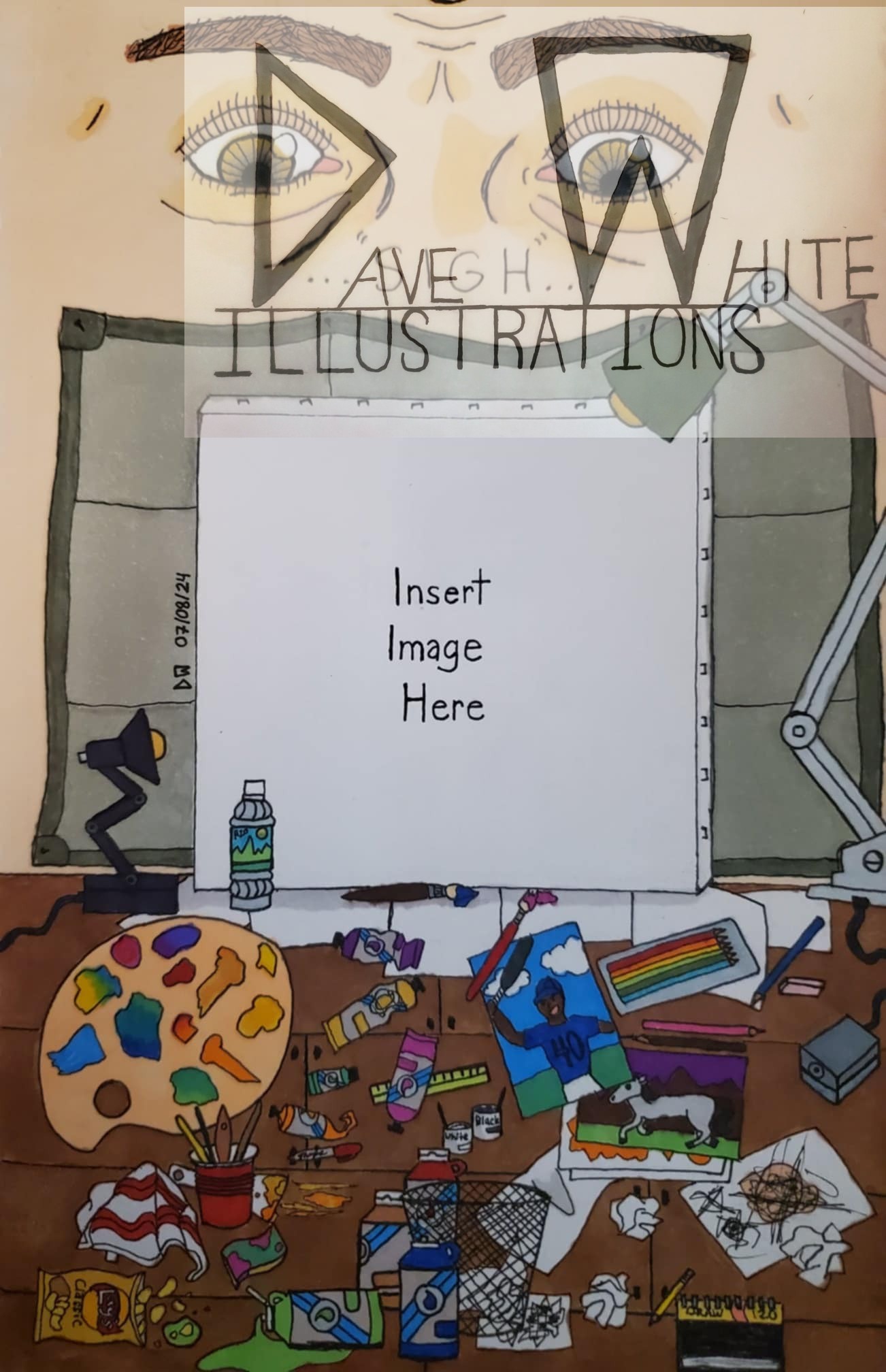
The Birth of Creation
Dave White’s Blank Canvas and Kiana Jimenez’s poem Blank Canvas explore emptiness not as loss, but as potential. What seems void is alive with possibility, waiting for creation to emerge.
-
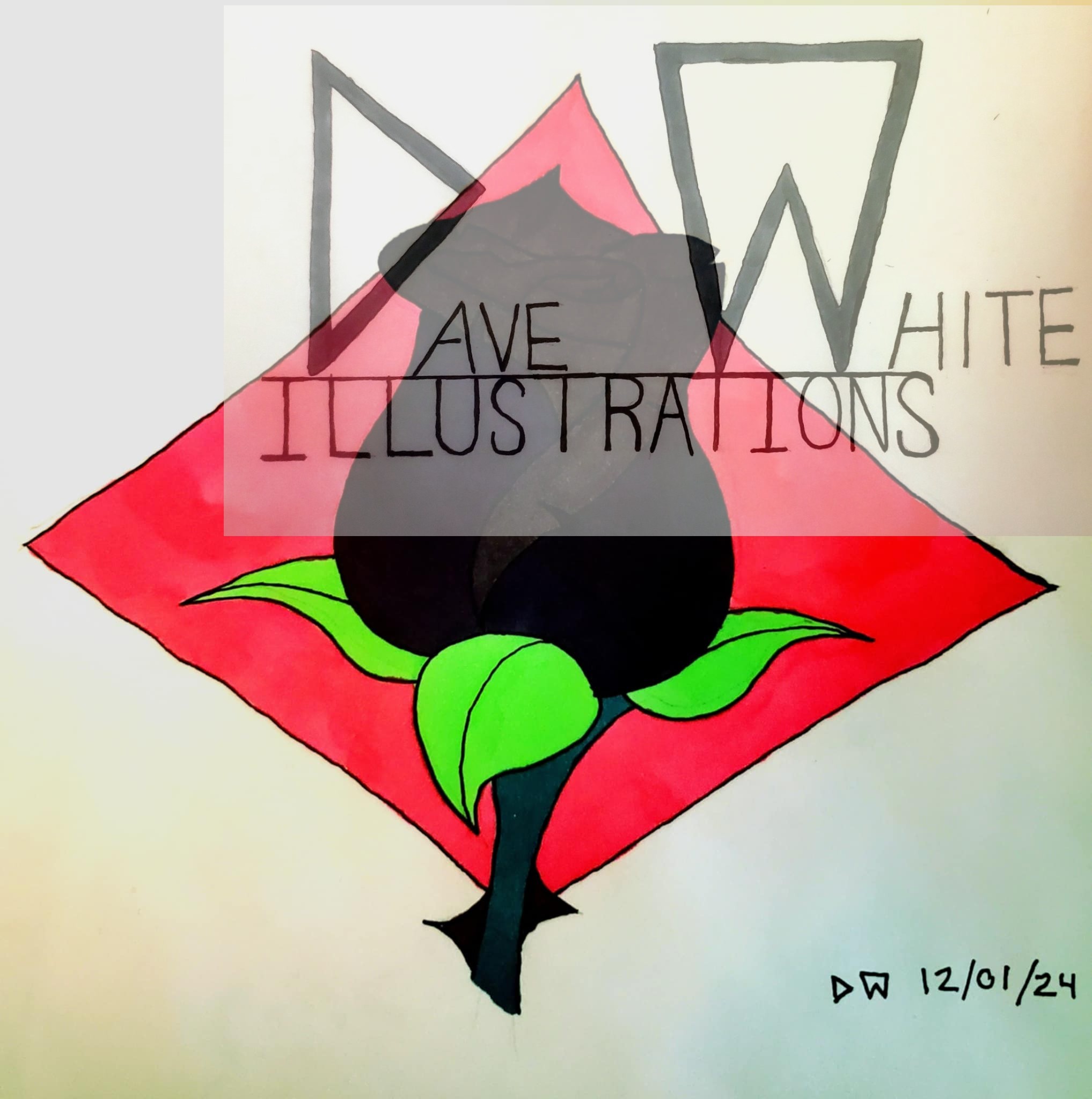
Beauty in Solitude
Dave White’s Black Rose and Kiana Jimenez’s Black Rose intertwine as a reflection on individuality, solitude, and resilience. The illustration’s striking contrasts mirror the poem’s story of a feared yet beautiful rose, unwanted until it is finally embraced. Together, they remind us of the quiet power of recognition and care.
-

Black Rose
A solitary black rose stands alone in a garden of colors, beautiful yet feared, unwanted yet unbroken. Its dark petals whisper of isolation, strength, and the longing for connection. When someone finally dares to embrace its uniqueness, two lonely souls find solace in each other’s presence.
-

The Illusion of Freedom
Dave White’s Willow and Kiana Jimenez’s Binds reveal the paradox of freedom and captivity. The weeping willow’s branches drape like chains, echoing the poem’s lament of unseen binds. Yet both art and verse insist on resilience, reminding us that even in sorrow, a fragile thread of hope persists.

